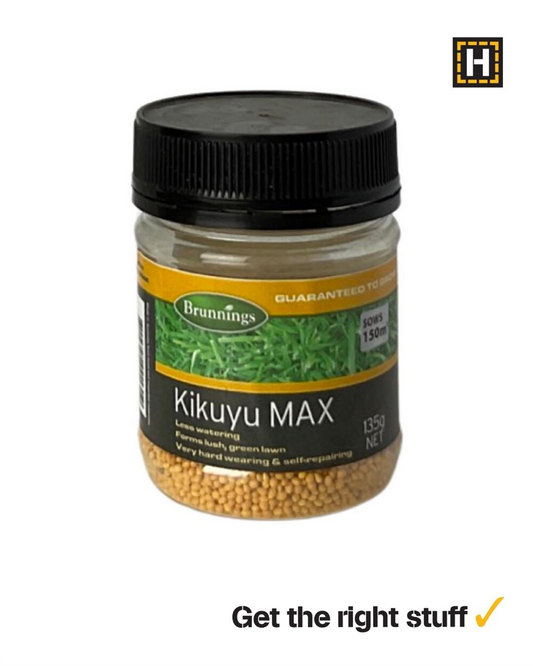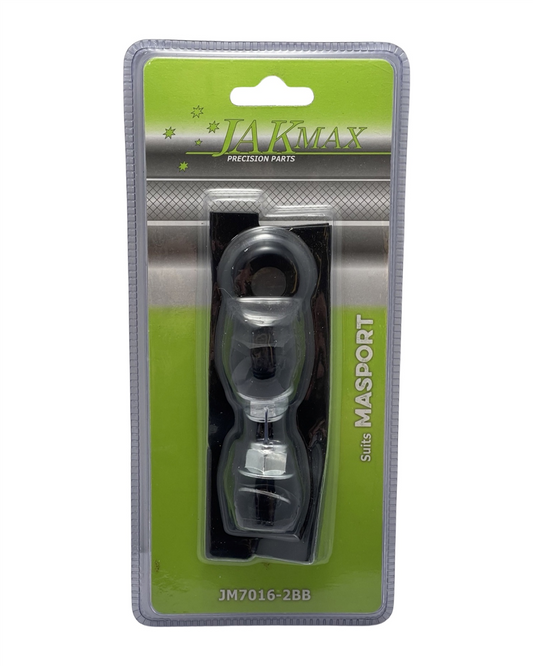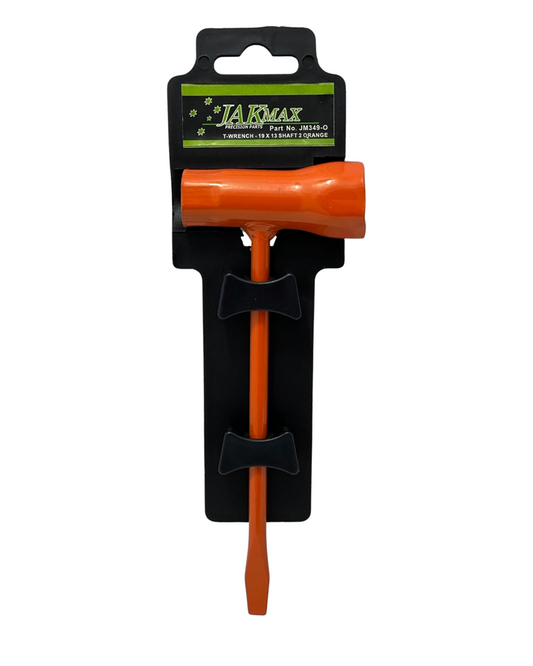The easiest way to create a compost system for your garden
Share
The Simple Way to Start Composting for a Flourishing Garden
Picture this—stepping into your backyard, greeted by lush greenery and thriving plants, all thanks to the rich, nutrient-packed compost you created yourself. No fancy equipment, no complicated processes, just simple, natural magic happening right under your nose. Sound good? Let’s dig in!
Why Compost? It’s Nature’s Superfood
Compost is basically black gold for your garden. It improves soil structure, retains moisture, and feeds your plants with the nutrients they need to grow strong and healthy. The best part? It reduces waste and saves you money on fertilisers. Win-win!
Choosing the Right Spot
Find a shady corner in your yard that’s easy to access. You want a spot that’s not too dry or soggy—somewhere with good air circulation but protected from harsh weather. A little nook near your garden beds or veggie patch is perfect.
What Goes In (And What Stays Out)
Think of composting like making a good cup of tea—balance is key. You need a mix of two things:
- Greens (Nitrogen-rich) – Fruit and vegetable scraps, coffee grounds, tea leaves, grass clippings.
- Browns (Carbon-rich) – Dry leaves, shredded newspaper, cardboard, small twigs.
Avoid meat, dairy, and oily foods, as they attract pests. Stick to plant-based scraps and natural materials.
Easy Composting Methods
There are plenty of ways to make compost, but for beginners, simple is best.
The Pile Method
This is the old-school, low-fuss way. Just pile up greens and browns in layers, turn it every couple of weeks, and let nature do its thing.
The Compost Bin
Great for smaller spaces, a compost bin keeps everything contained and speeds up the breakdown process. You can buy a ready-made one or DIY with a few wooden pallets.
The Tumbler
If you like things neat and quick, a compost tumbler speeds up decomposition with minimal effort. Just add scraps, give it a turn every few days, and enjoy compost in a fraction of the time.
Troubleshooting Common Composting Woes
If your compost smells bad, it’s probably too wet. Add more browns (like shredded leaves or cardboard) to balance things out. If it’s dry and taking forever, mix in a little more greens or some water to keep things moist.
How Long Until You Get Compost?
Good things take time, but if you keep the mix right, you’ll have crumbly, rich compost in about three to six months. Once it smells sweet and earthy, it’s ready to work its magic in your garden.
Get Started with Quality Tools & Advice
Pop in, chat with our expert team, and give your garden the boost it deserves. Happy composting!
Cheers,
Candeece
 Stay Connected
Stay Connected
Join our gardening community on Facebook the Urban Gardener's Notebook
And follow our Store Facebook Page: Strathalbyn H Hardware on Facebook









